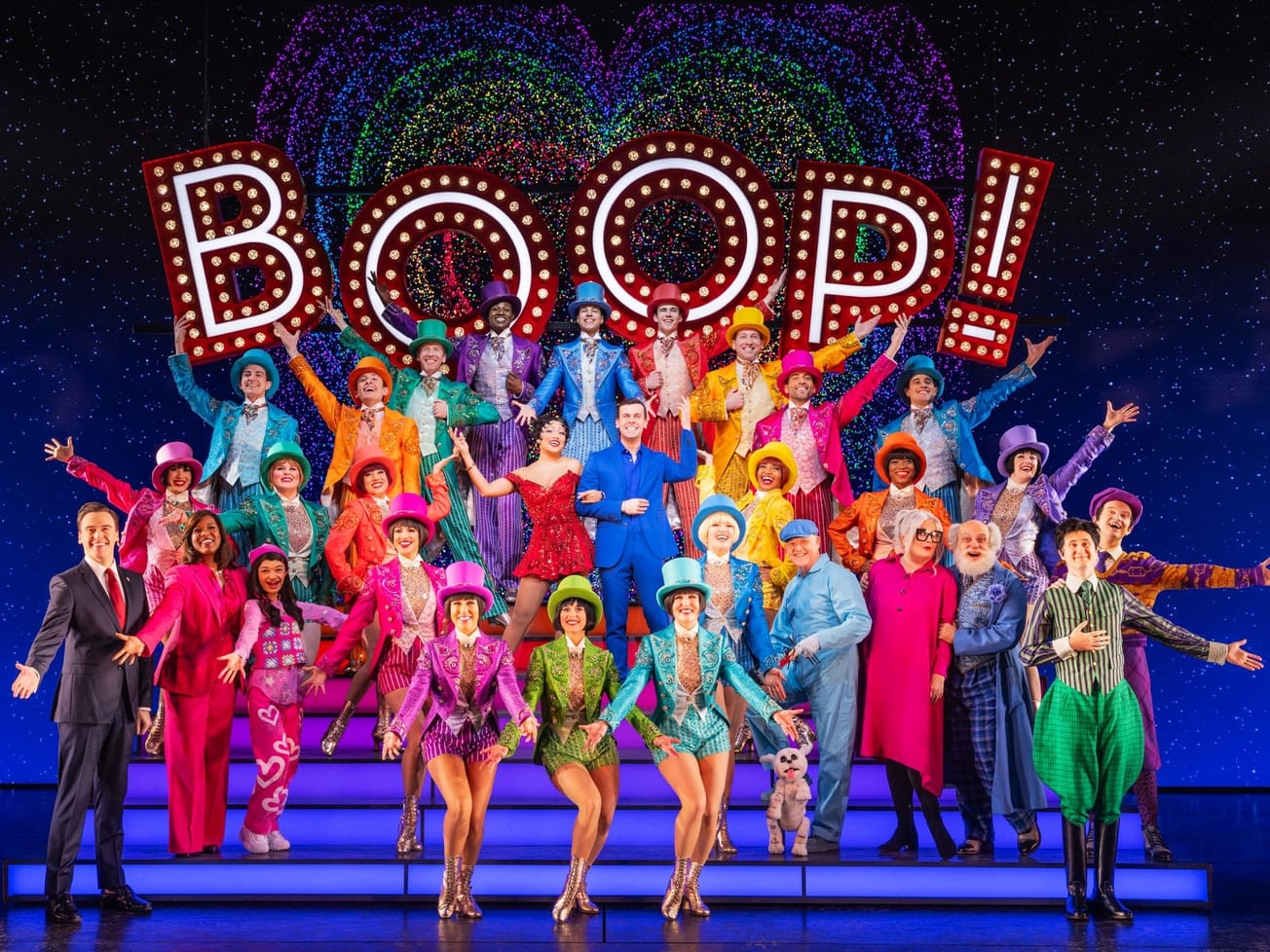Ticketmaster’s Verified Fan has narrowed down the number of resellers to less than 5% of all tickets sold across all genres, but it still has some bumps to work out on Broadway.
Broadway is a relatively new area for Ticketmaster’s Verified Fan platform, which currently counts “Springsteen on Broadway,” “Harry Potter and the Cursed Child” and “Hamilton” as users. The platform is meant to weed out bots from fans, and while it has had success in some aspects, Ticketmaster is still figuring out how to deal with outsized demand and how to offer value to producers in the future.
Tickets have been selling well in its two most recent ventures, with “Springsteen” selling out its entire run and then extending an additional 10 weeks and “Cursed Child” selling out its first batch of tickets. “Springsteen” opened on Broadway on Oct. 12, while “Cursed Child” has a scheduled opening of April 22, 2018.
But some of those tickets have gone to scalpers. Both “Springsteen” and “Cursed Child” tickets were being listed on Stubhub for $1,000 or more as of October, with the price often climbing higher into the thousands.
Additionally, when “Cursed Child” opened up registration, the system was hit by “exponentially more demand” than Ticketmaster has seen for concerts, said David Marcus, head of music at Ticketmaster. That demand included bot attacks, which slowed down the system, making it hard for consumers to register in the first hour.
The platform also experienced some technical glitches, showing an error page for consumers trying to buy tickets for dates prior to April 25, 2018, according to Ticketmaster’s Twitter account.
“We’re right about 95% of the time.” – David Marcus, head of music at Ticketmaster.
While the technical glitches irked some fans, it was the fact that resellers were able to get through that dismayed Tiffini Holland, a Nashville-based fan who has never seen a Broadway show. Holland said she initially believed the system was fair, even though she was was put on standby rather than selected to buy a ticket. But she grew angry when she was saw the tickets quickly listed for thousands of dollars on resale sites.
“That was kind of a slap in the face for someone who never got off standby,” Holland said. “I sort of felt like that process failed me.”
Still, Marcus said the goal of this platform is “not to stop resale” entirely, but to make sure the first distribution of tickets is more equitable. Overall, he says many consumers are incorrectly operating under the assumption that they would have had a better chance buying tickets under the old system, bots and all.
“The race has always been unfair,” Marcus said.
Last year, Ticketmaster fought back against five billion bot attempts. For some high demand sales that did not use Verified Fan, it saw 30% to 50% of tickets taken by scalpers.
“The solution has forever been fight the bots head-to-head,” Marcus said. “Over time that’s just proven to not be very successful.”
Bots have been a problem for ticket sellers in the last decade or so, but Marcus said the issue has increased in severity in the past four to five years.
In the case of “Hamilton,” past bot attacks were so severe that Ticketmaster recently filed a lawsuit against Prestige Entertainment, a resale company that Ticketmaster says used bots to resell as many as 40% of seats for performances of the Broadway show. Ticketmaster alleges that Prestige Entertainment continued to use bots even after they had reached a settlement with the New York Attorney General’s office stipulating that they would cease scalping.
Now with the Verified Fan platform, consumers are asked to input their name, email and phone number and log into Ticketmaster in order to register for tickets. Using that data, including past purchase history on Ticketmaster and social media activity, the company applies algorithms to predict whether that consumer will resell the ticket.
“We’re right about 95% of the time,” Marcus said. In other words, an average of less than 5% of tickets have been resold for any type of event.
“Harry Potter and the Cursed Child” was a unique challenge for Ticketmaster because of the large amount of fan fervor already existing around the series and the fact that the show had a clock counting down the minutes and seconds until fan registration for the tickets, Marcus said. That meant that the show had a lot of pent up demand ready to be unleashed the moment ticket registration opened.
That’s not to say that other shows should avoid a countdown clock, Marcus said, because it can be a valuable part of the marketing strategy, and Ticketmaster now has experience with the sudden influx of registrations it can bring.
He adds that in creating the registration process, shows have the ability to talk directly to the consumer, rather than take out advertising to remind them of key dates for the show.
Going forward, Ticketmaster may be even more of a resource to producers.
With the consumer’s contact info, the production or concert can reach out to fans to ask how much they’d be willing to pay for a seat and, in the case of concert tours, map that demand across geographies to better predict the demand for different price tiers. That strategy is easier with multiple venues or large stadiums, but Marcus sees it as a helpful resource for Broadway shows that run for longer lengths of time.
To be sure, many Broadway shows are already using their own audience data and algorithms to set ticket prices, but this may add another layer.
“We are rolling that out with some big concert tours to begin with. We’ll take what we learn from that and adapt it for Broadway,” Marcus said.


























































